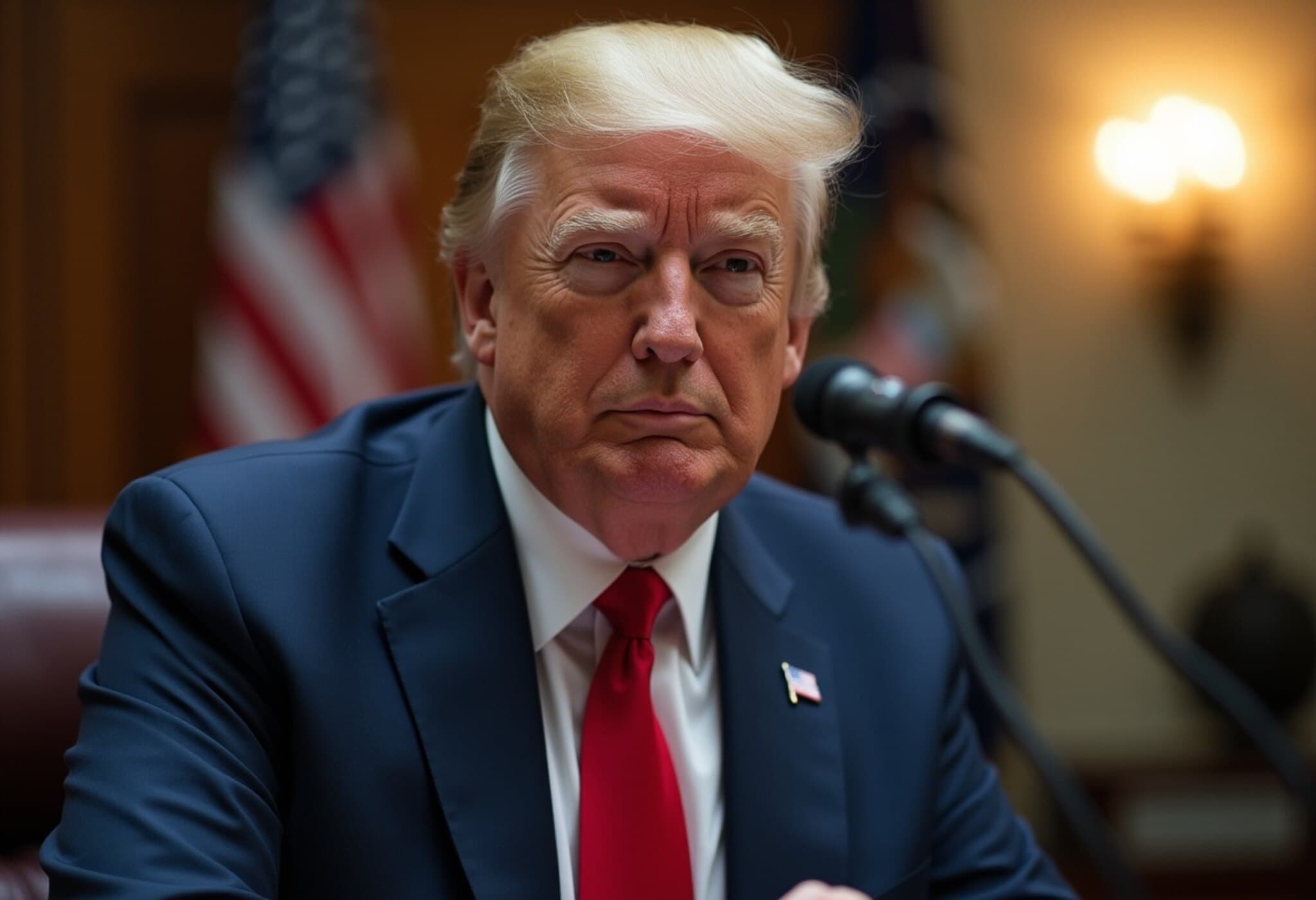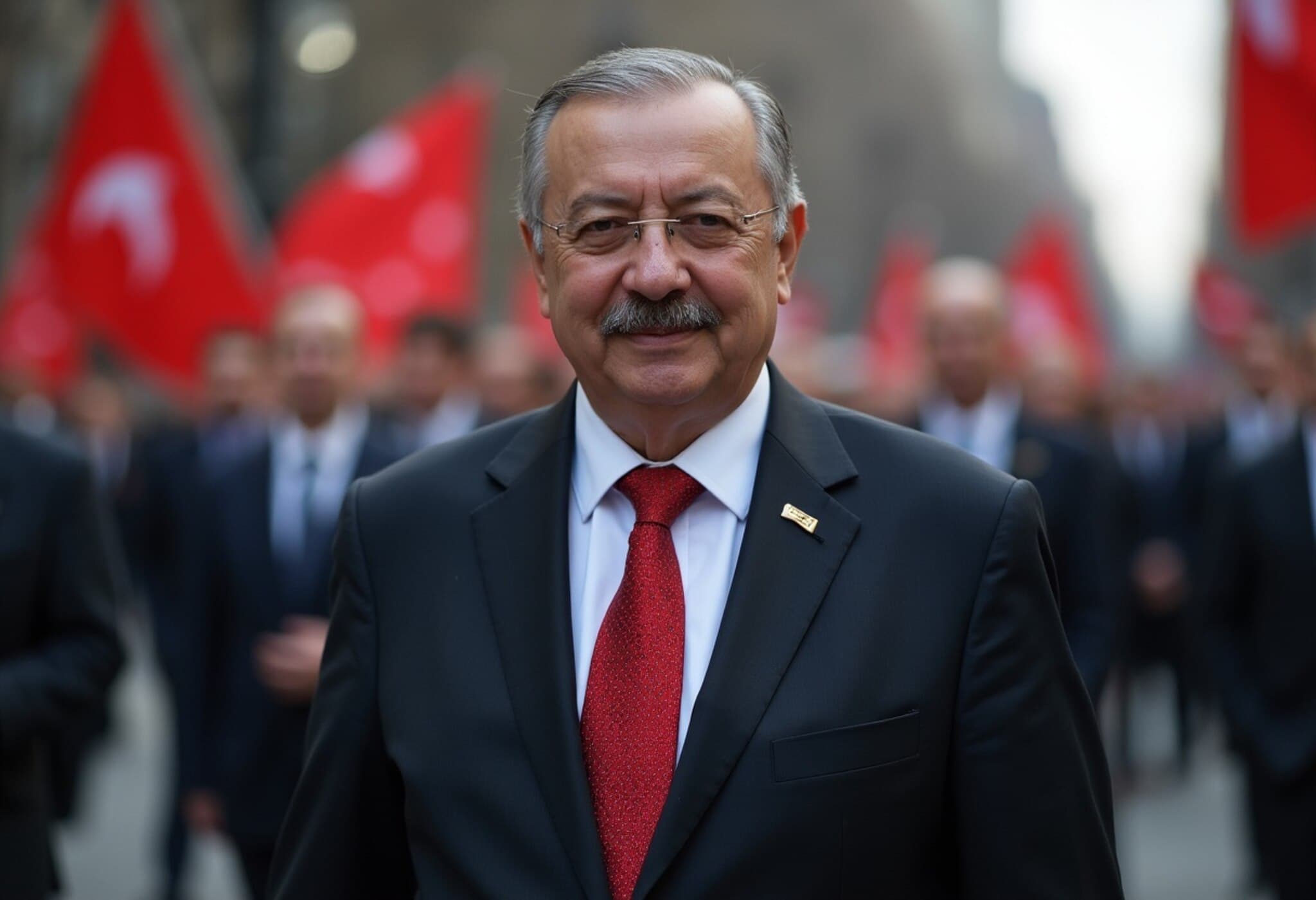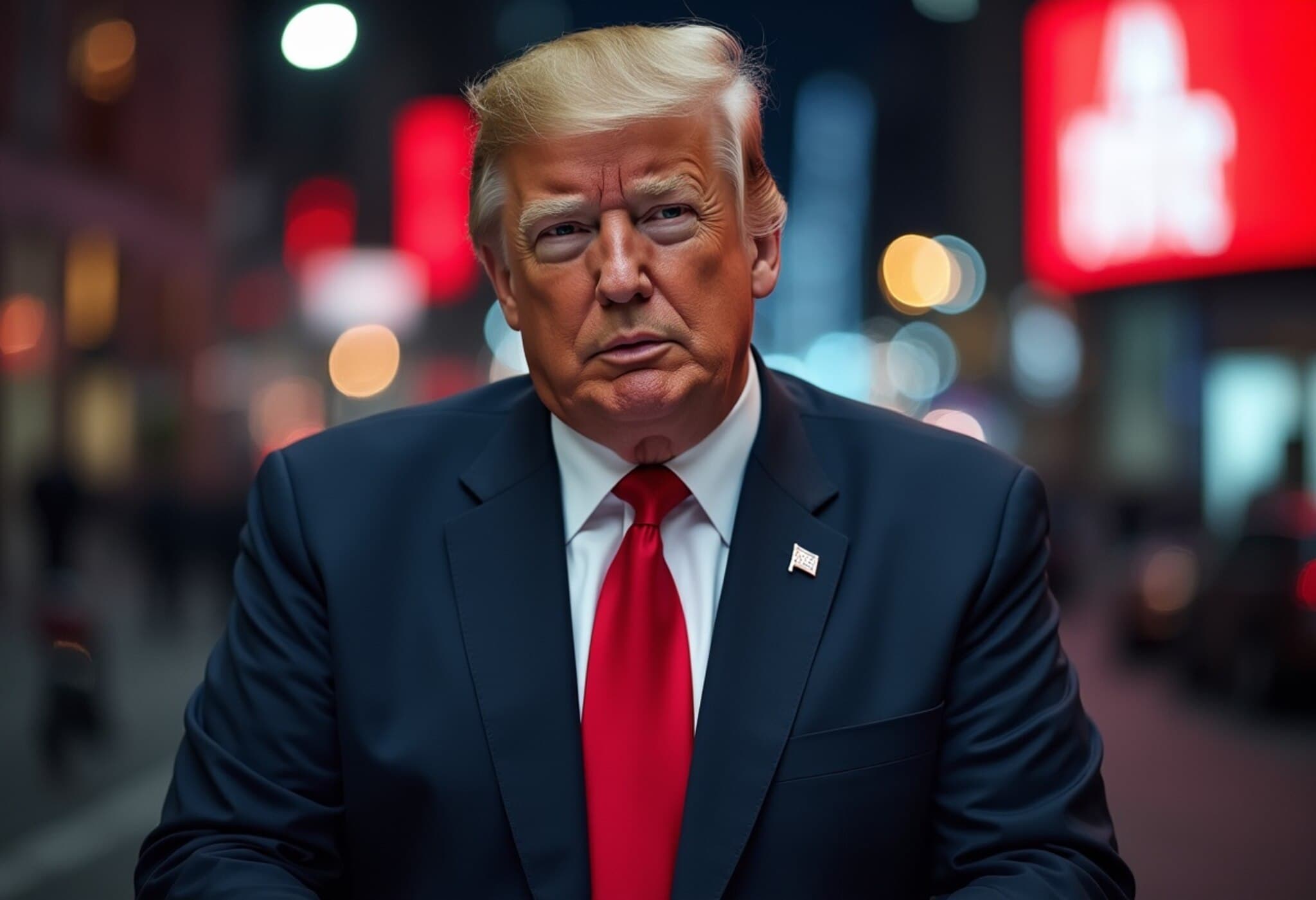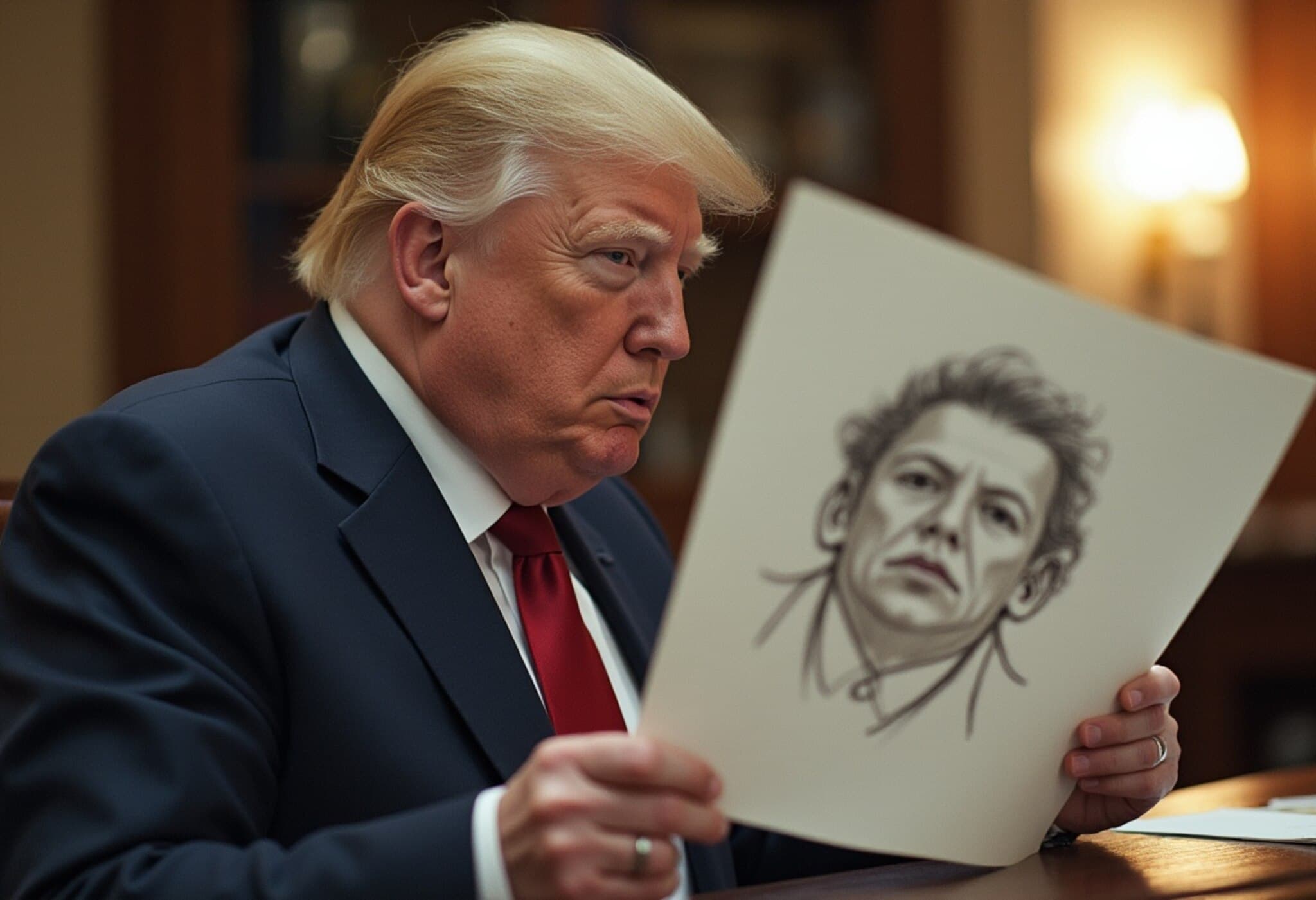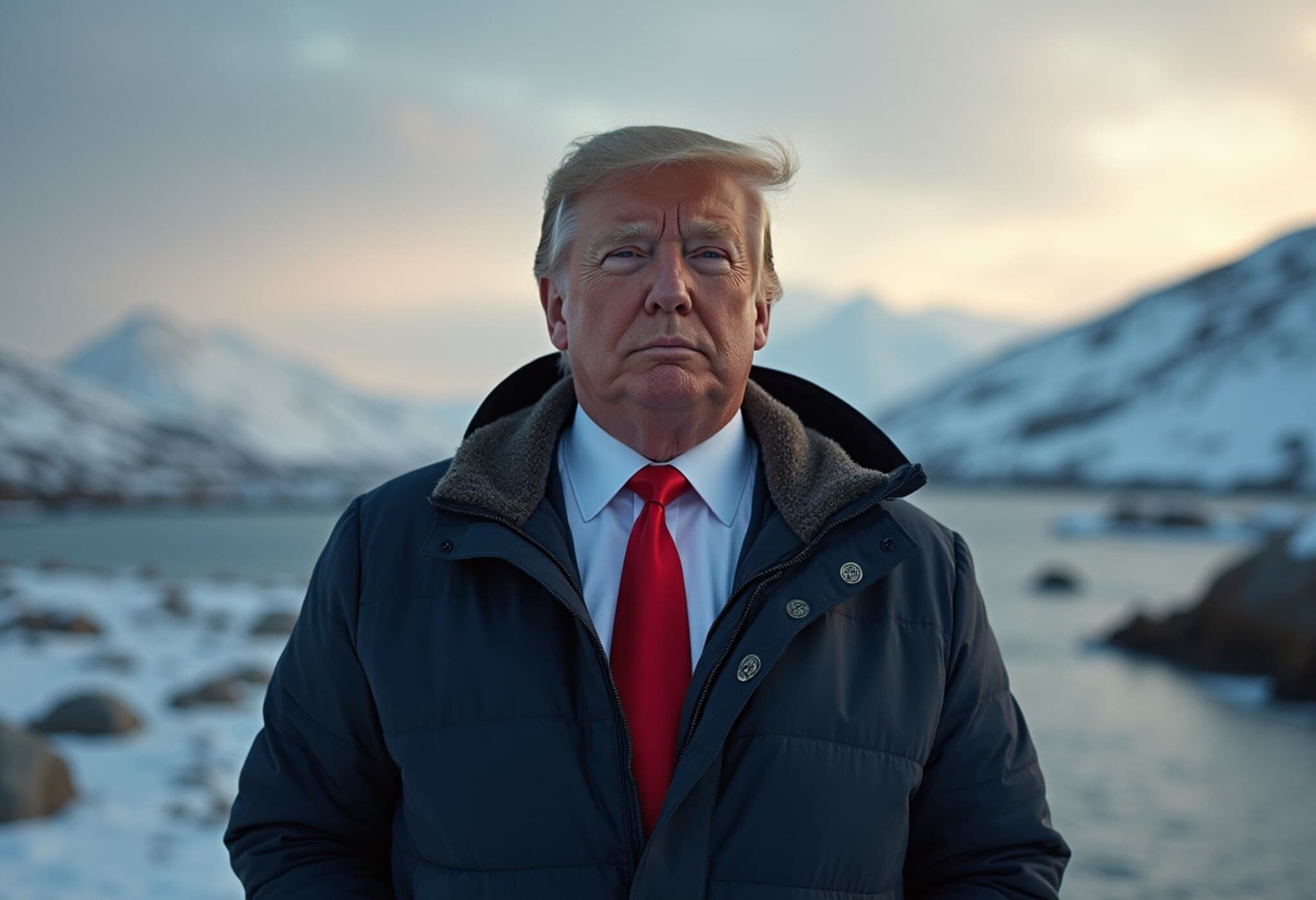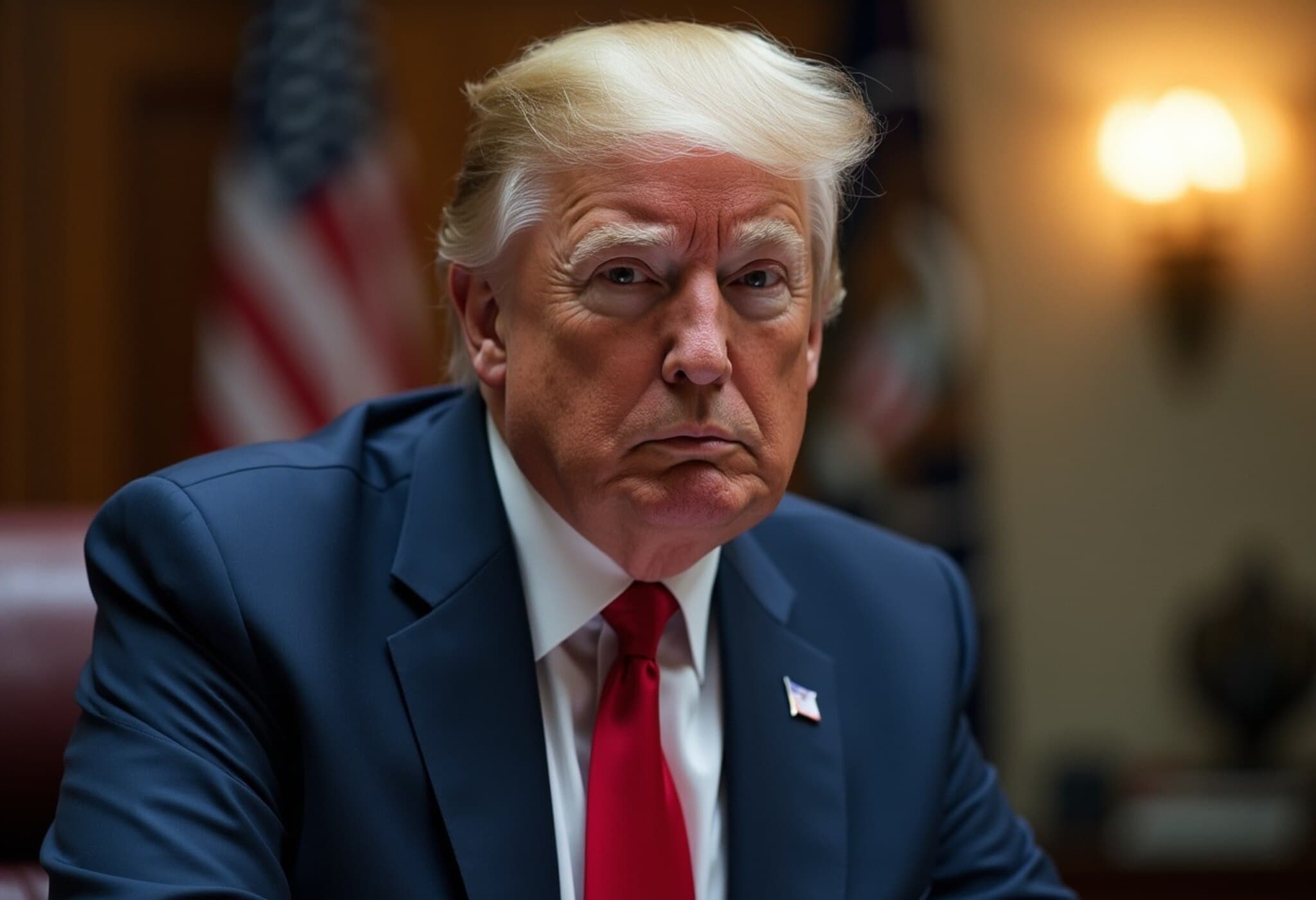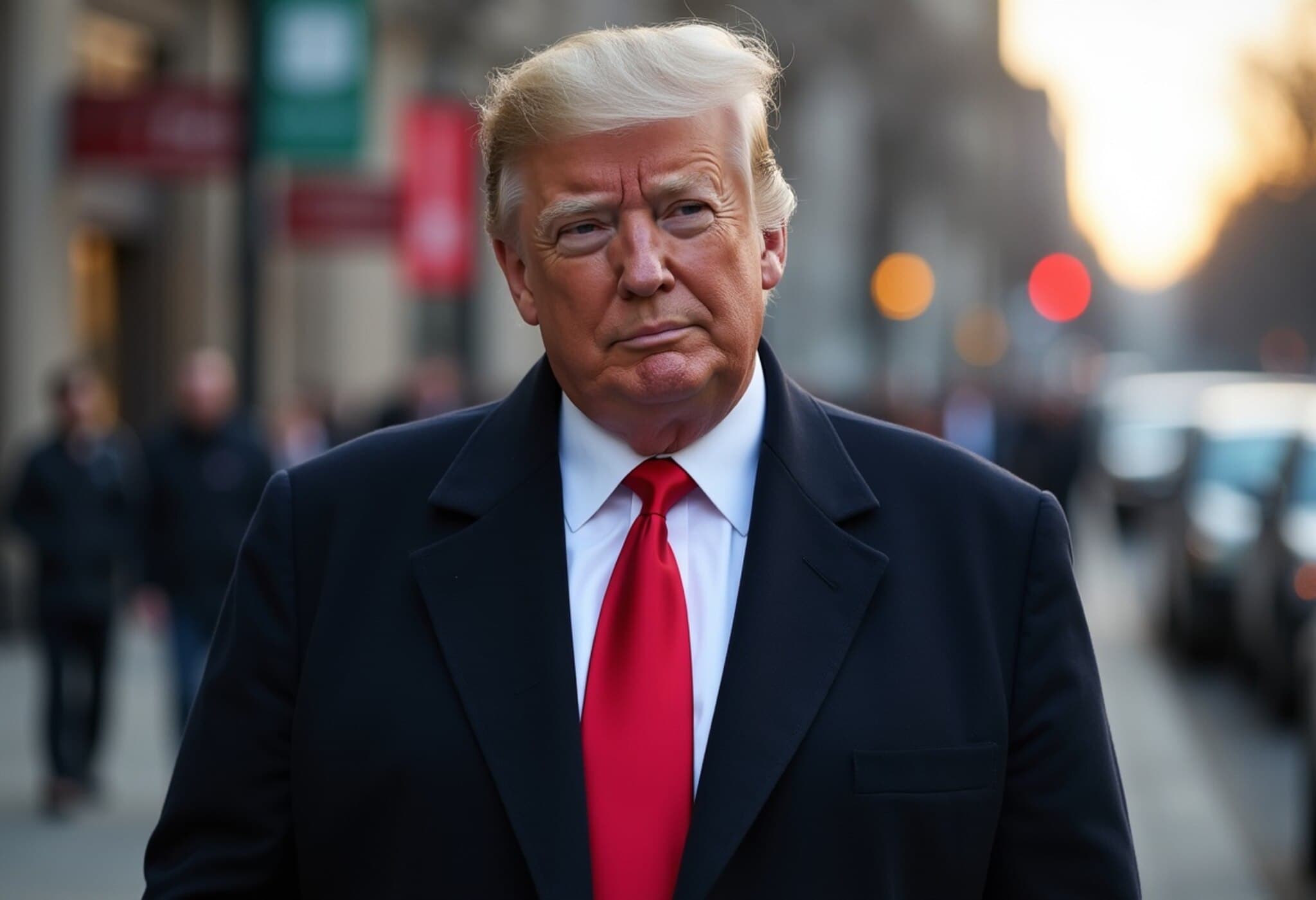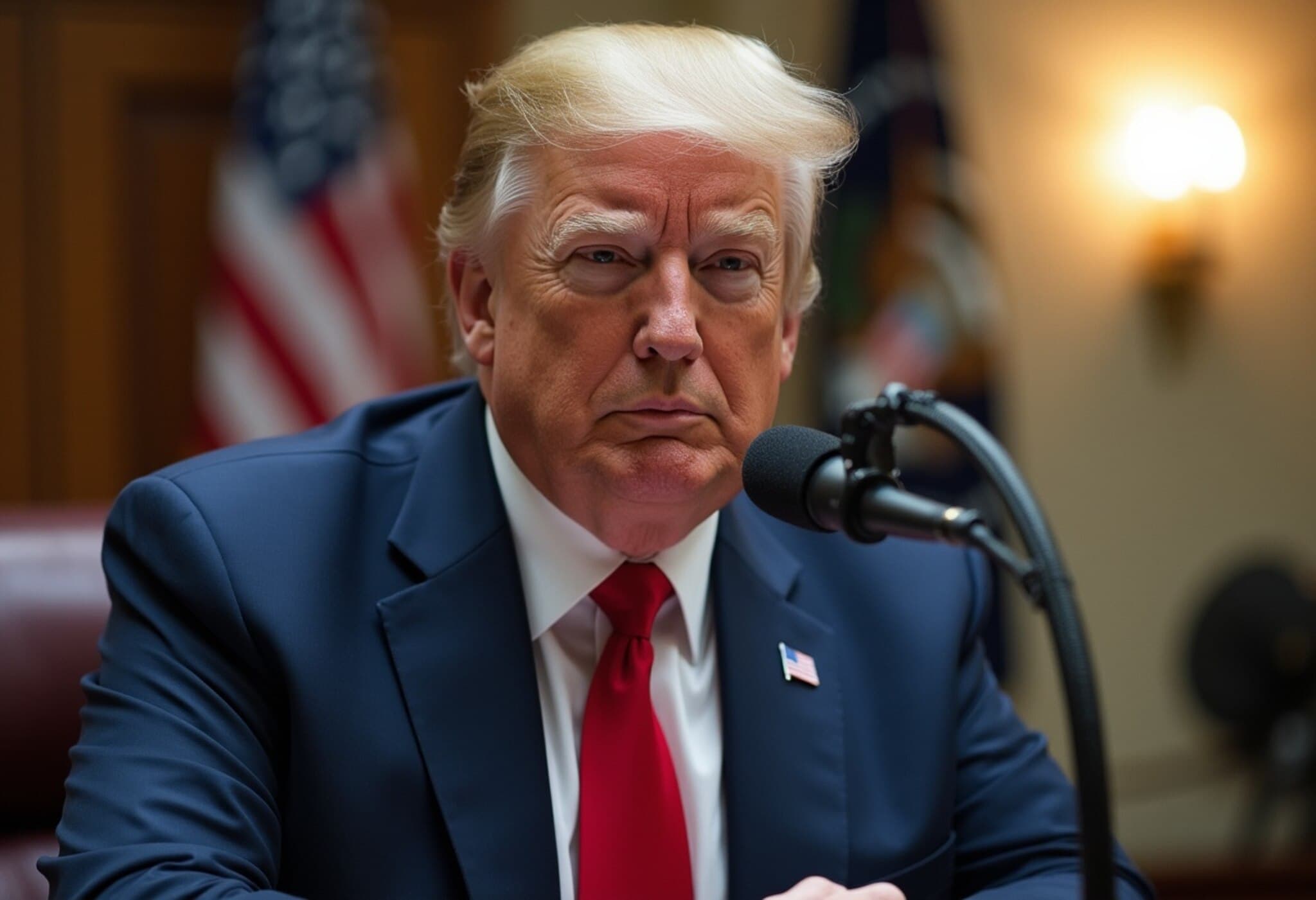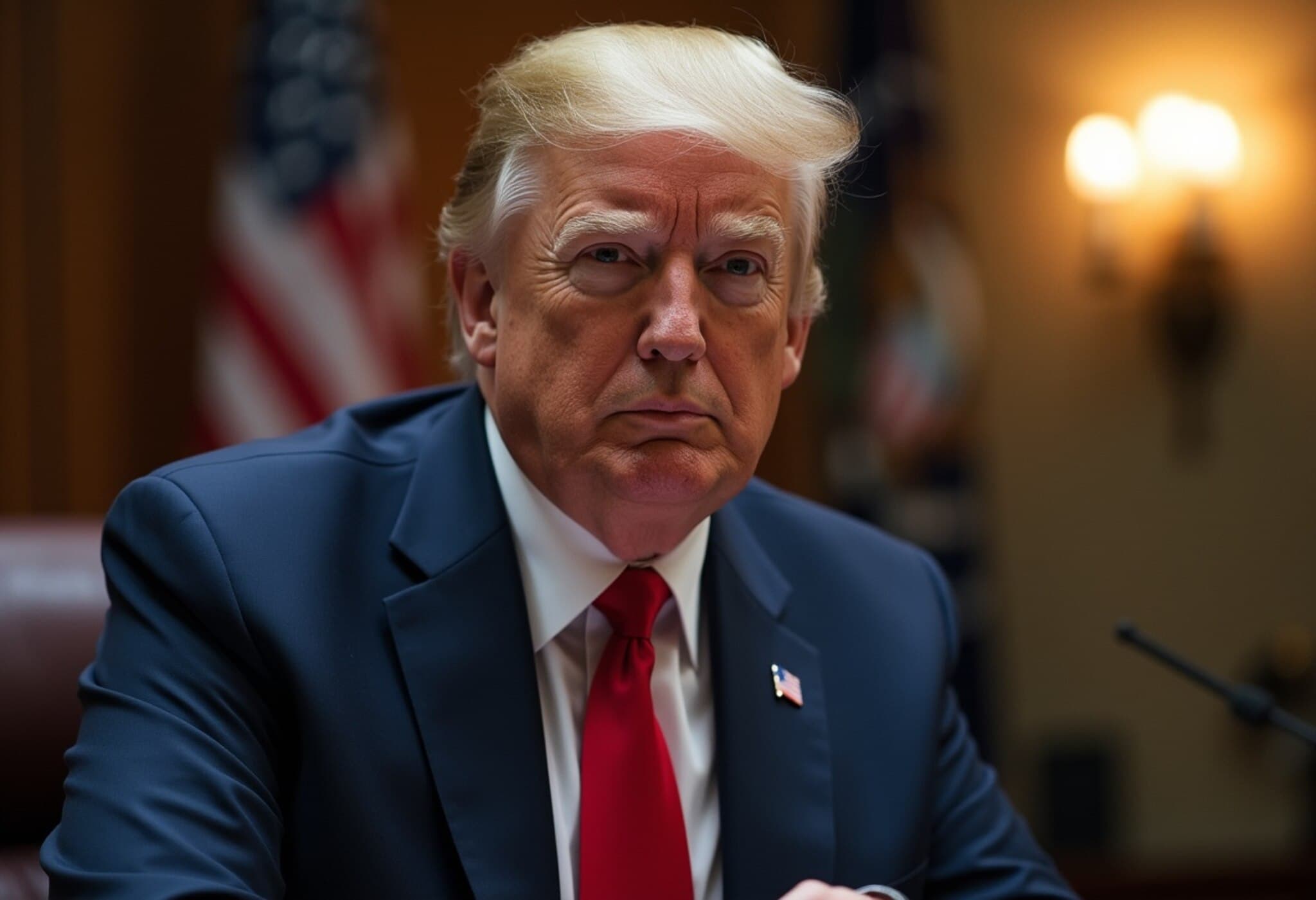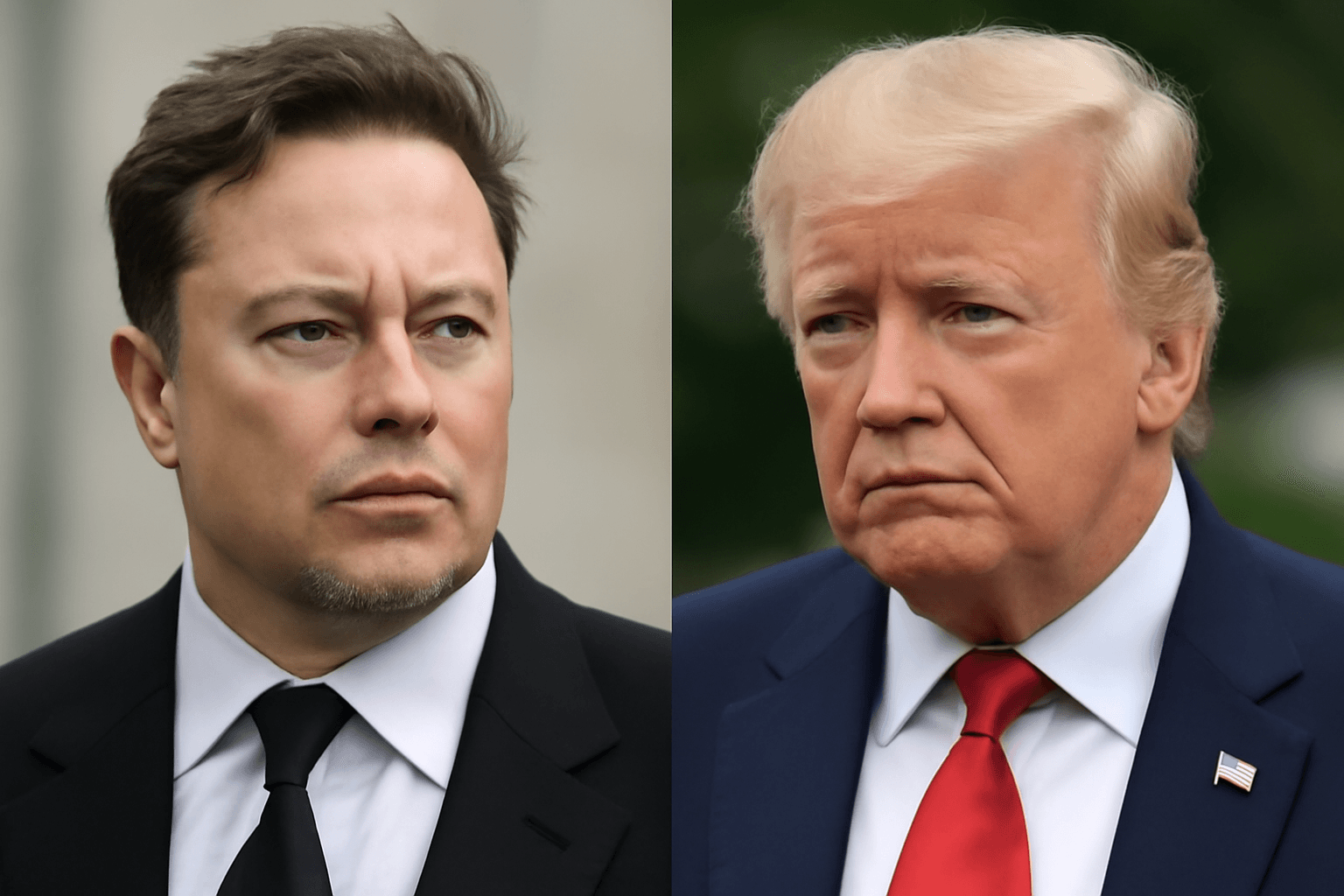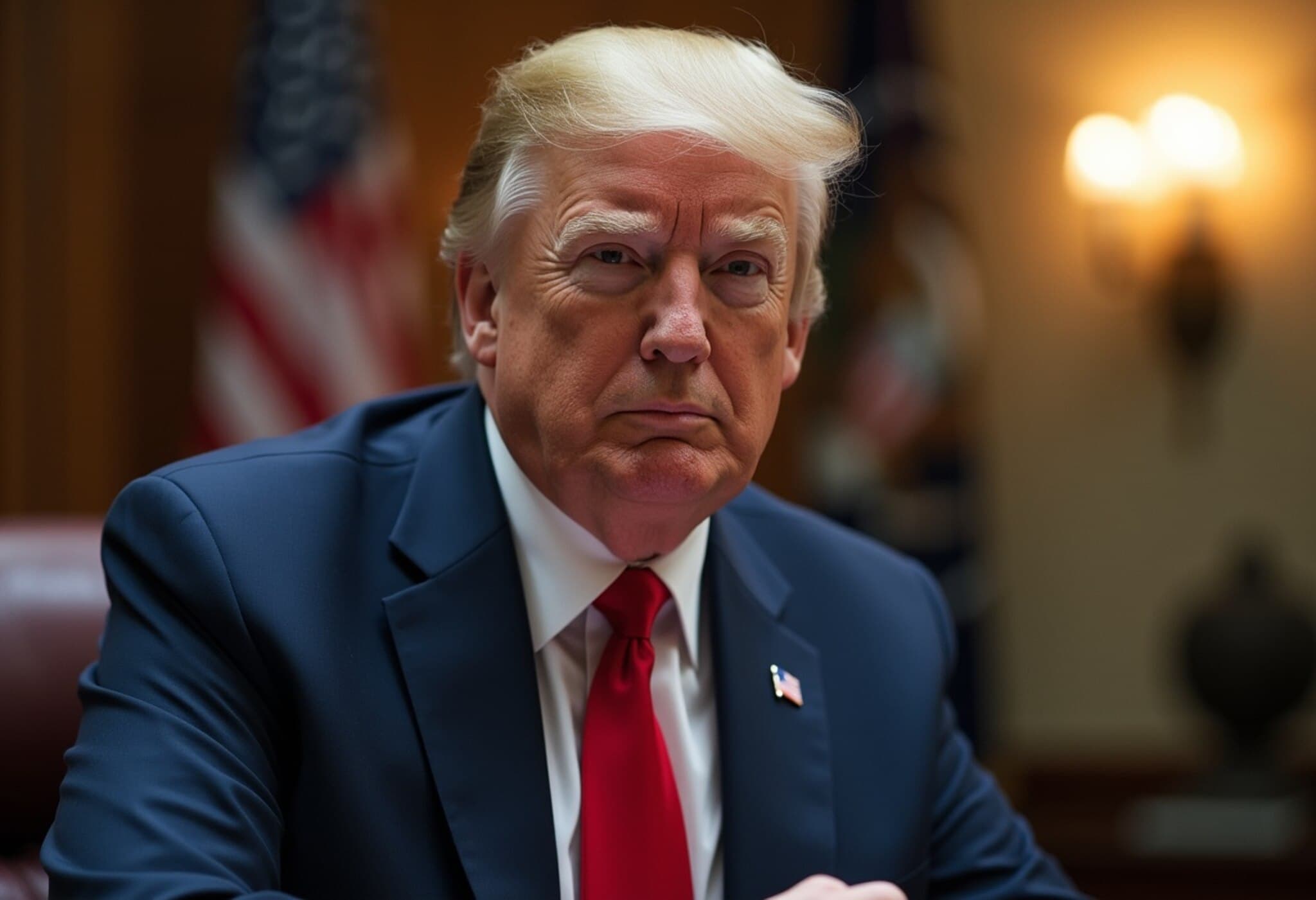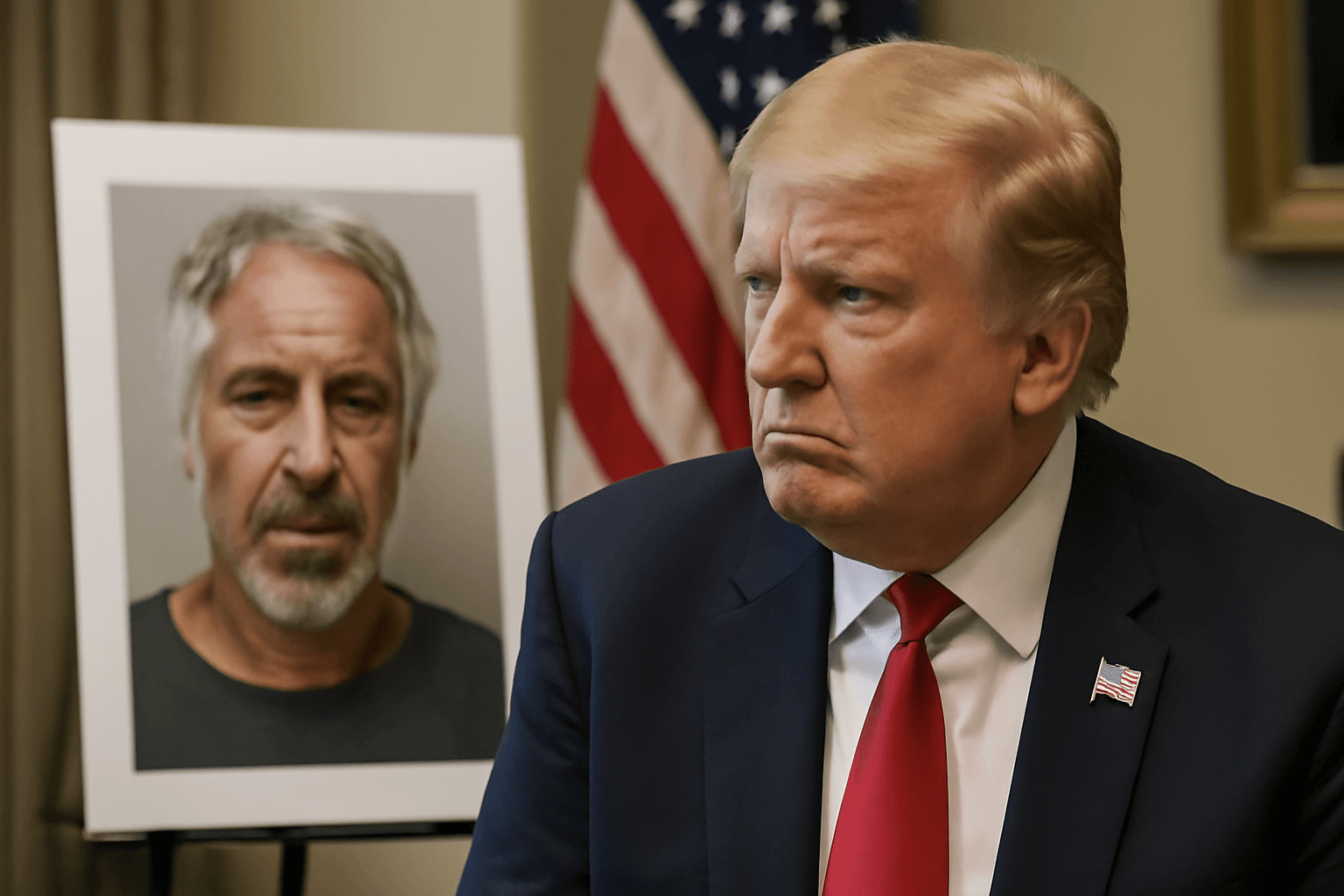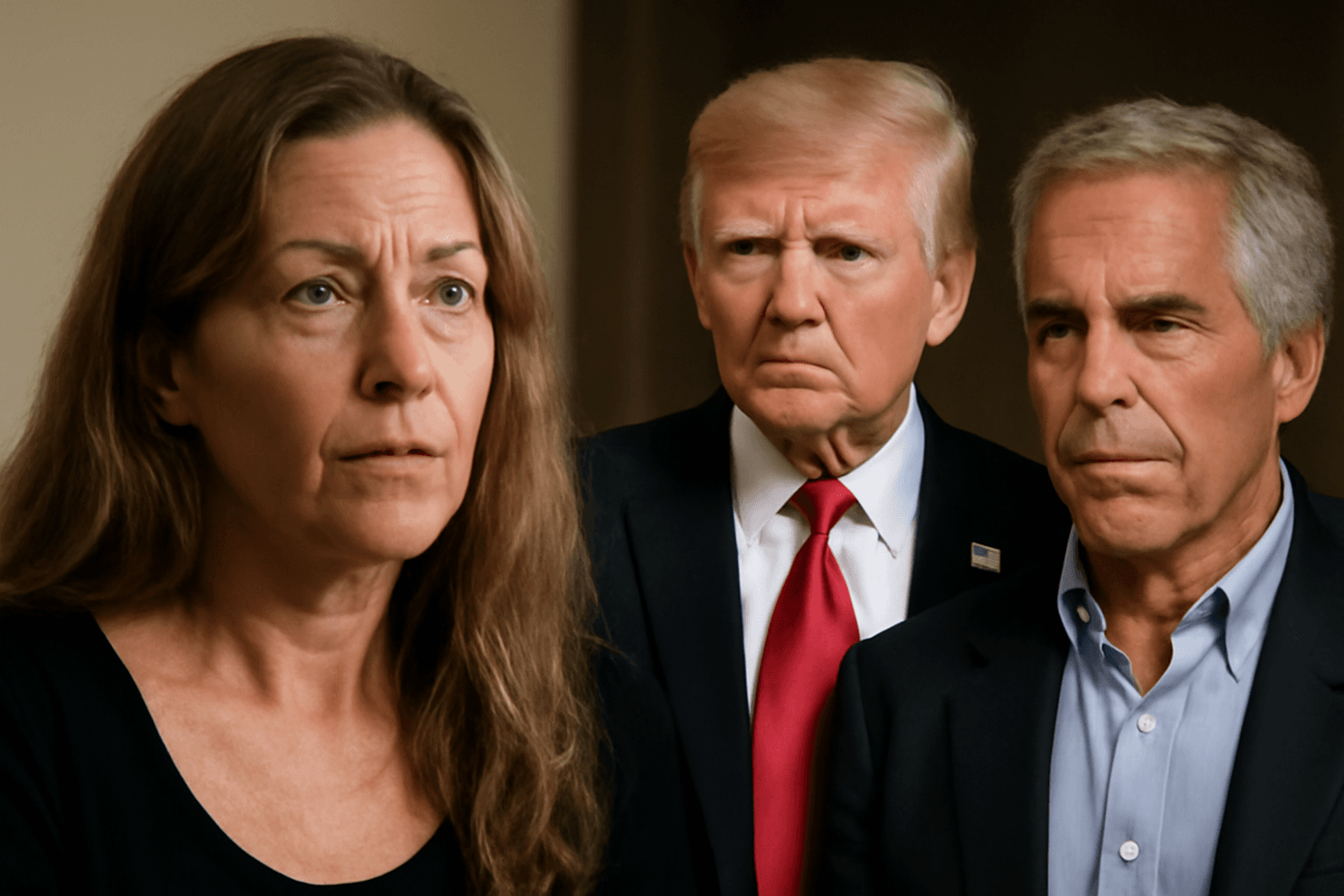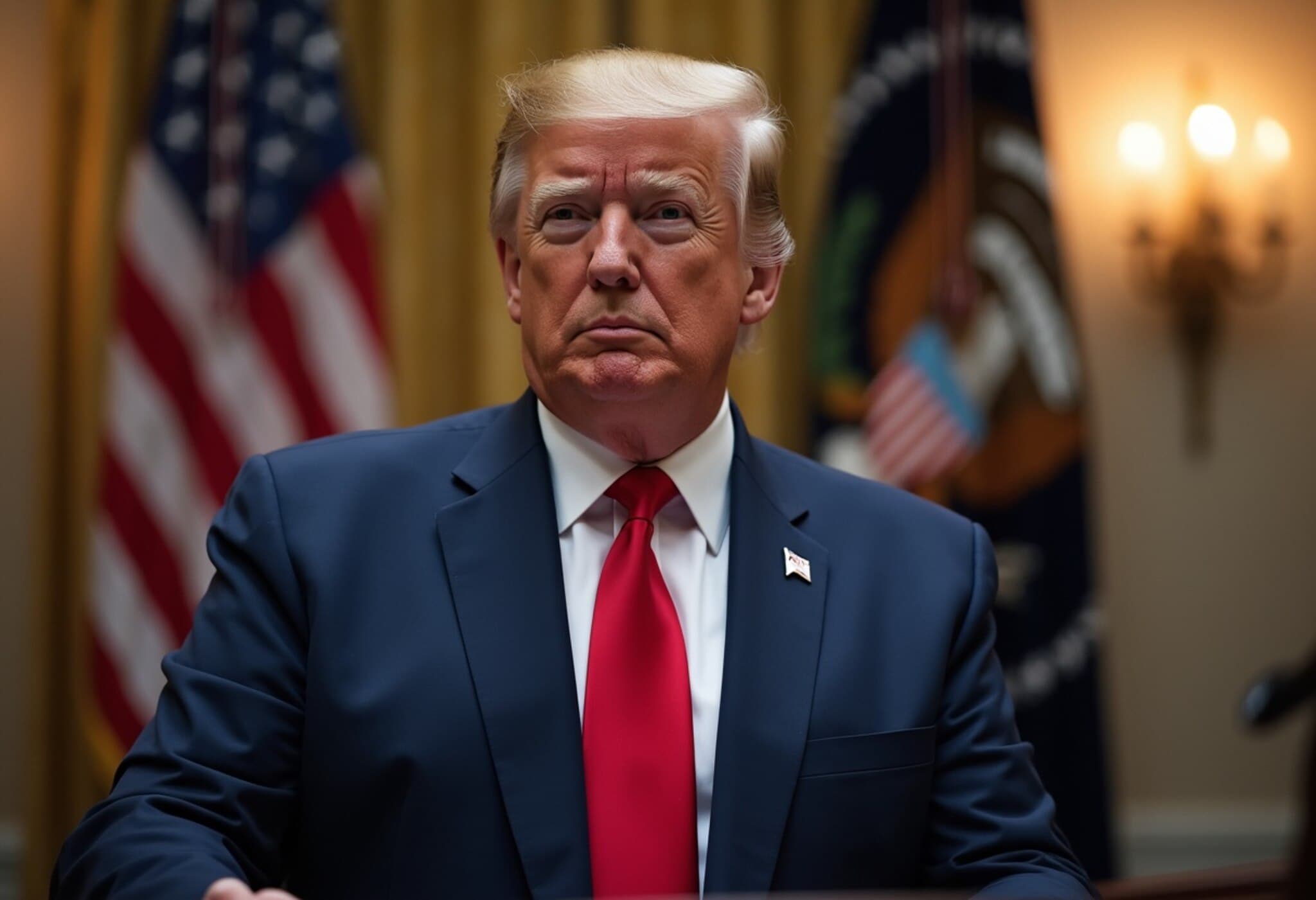President Trump Initiates Landmark Lawsuit Against Wall Street Journal and Media Giants
In a high-profile legal move that has captured national attention, former President Donald Trump has filed a defamation lawsuit seeking a staggering $10 billion in damages against the Wall Street Journal (WSJ), its parent companies, and media mogul Rupert Murdoch. The suit, filed in the Southern District of Florida federal court, names Dow Jones, News Corp, Rupert Murdoch, WSJ's CEO Robert Thomson, and two of the newspaper's reporters as defendants.
Background: The Controversial Epstein Report and Its Fallout
The lawsuit centers on a WSJ report alleging that a collection of letters gifted to the late financier and convicted sex offender Jeffrey Epstein for his 50th birthday in 2003 included a note bearing Donald Trump’s name alongside a sexually suggestive drawing. Trump has categorically denied the implications of the report, asserting he had severed ties with Epstein well before Epstein’s legal troubles emerged in 2006.
Trump’s legal team accuses the WSJ and its affiliates of intentional defamation, claiming the story caused extensive financial and reputational harm to the former president. The complaint underscores the argument that the defendants acted with malicious intent, thus violating standards of journalistic fairness and accuracy.
Trump’s Response and Public Statements
This bold public statement highlights the adversarial relationship between Trump and Murdoch, a media titan who has wielded considerable influence on American and global news landscapes for decades.
Contextualizing the Epstein Scandal and Its Lingering Impact
Jeffrey Epstein’s death by suicide in a New York jail in 2019, while awaiting trial on federal sex trafficking charges, sent shockwaves across political and social spheres. Epstein’s connections to high-profile figures, including Trump, have fueled numerous conspiracy theories, particularly among Trump’s political base, known as MAGA supporters. Many of them demand full transparency regarding the case, alleging cover-ups and improper handling of Epstein’s files during the Trump administration.
However, a Justice Department memo released on July 7, 2025 confirmed Epstein died by suicide and found no credible evidence supporting claims that Epstein maintained an incriminating client list or blackmailed influential individuals.
Media Ethics and Legal Implications
This lawsuit not only spotlights the intense scrutiny surrounding Epstein’s legacy but also puts a spotlight on journalistic responsibility and the ethical boundaries of reporting on sensitive, high-stakes topics. If the court sides with Trump, it could set a precedent that impacts how media outlets handle potentially defamatory content about public figures.
- For journalists: This case emphasizes the critical need for rigorous fact-checking and balanced narratives amid politically charged environments.
- For public figures: The suit highlights ongoing tensions around defamation claims and freedom of the press.
- For the public: The unfolding proceedings may raise awareness about media literacy and skepticism toward sensational news.
Looking Ahead: What This Lawsuit Means for Media and Politics
The legal battle between Trump and these influential media entities invites reflection on broader questions: How do powerful individuals navigate the court of public opinion when faced with potentially damaging reports? How do media organizations protect their integrity while holding public figures accountable?
This case is poised to become a landmark moment in American media law, especially considering the reverberations it may have across political journalism, freedom of expression, and the standards that govern defamatory claims.
Expert Insight
Legal experts note that while defamation suits involving public figures are notoriously difficult to win due to the high bar established by the New York Times v. Sullivan case, the inclusion of allegations around malicious intent could shift the dynamics. The involvement of a global media conglomerate like News Corp also raises questions about editorial oversight and corporate responsibility in reporting sensitive stories.
Editor’s Note
This unfolding lawsuit challenges us to think critically about the intersection of power, media accountability, and legal safeguards. While the allegations and counter-allegations are intensely polarized, they open an important conversation about the responsibilities of news outlets and the rights of public figures in an era where misinformation can spread rapidly. As we monitor the developments, readers are encouraged to engage with news critically and consider multiple perspectives before forming judgments.

